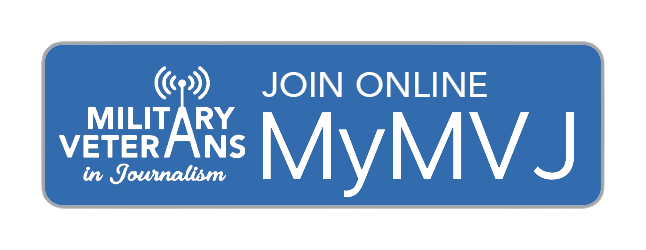
by Lori King, host of Sword and Pen
Did you know the Sword and Pen podcast, first aired in November 2019, was intended to be a limited-run series? The first host, retired Army intelligence officer Jonathan House, announced that intention during his inaugural introduction to Sebastian Junger, a journalist and documentarian.
Since that first episode, there have been three other hosts, Rich Dolan, Drew Lawrence and me. Drew and I still co-host it, and we plan on keeping this great show going because we believe in the learning environment this podcast provides through the voices of our guests.
With that in mind, stick around for the end of this podcast because you’ll be able to hear Jonathan begin that first show during a special showcase of five memorable quotes gathered from past guests. It’s just one way to honor the continuation of the Sword and Pen.
According to Russell Midori, MVJ president and co-founder, the Sword and Pen mission is to highlight the achievements and ongoing innovations of military veterans in the journalism profession and provide valuable news to our community.
We bring back Russell on this podcast to promote the MVJ 2023 Convention in New York City in October. We also chat with MVJ Mentorship Program manager Simone Doroski and mentorship alumnus Jordan Sartor-Francis about a powerful program that pairs our members with journalism experts in the field.
Listen as we >
- talk about the what’s happening at the convention this year … and there’s a lot!
- tout the skills mentees learn from their mentors, and how it’s landed them jobs and internships
- explain how to sign up to the mentorship program and the convention
I am also excited to announce a new feature in the Sword and Pen that highlights stories in the MVJ Newsletter. The MVJ Bulletin will be a regular segment near the beginning of each podcast.
If you have an idea for a future episode topic, please let me know at [email protected].
And don’t forget to follow the Sword and Pen, published in the MVJ Newsletter and linked in the website under the About page, each month on Spotify so you don’t miss an episode.








